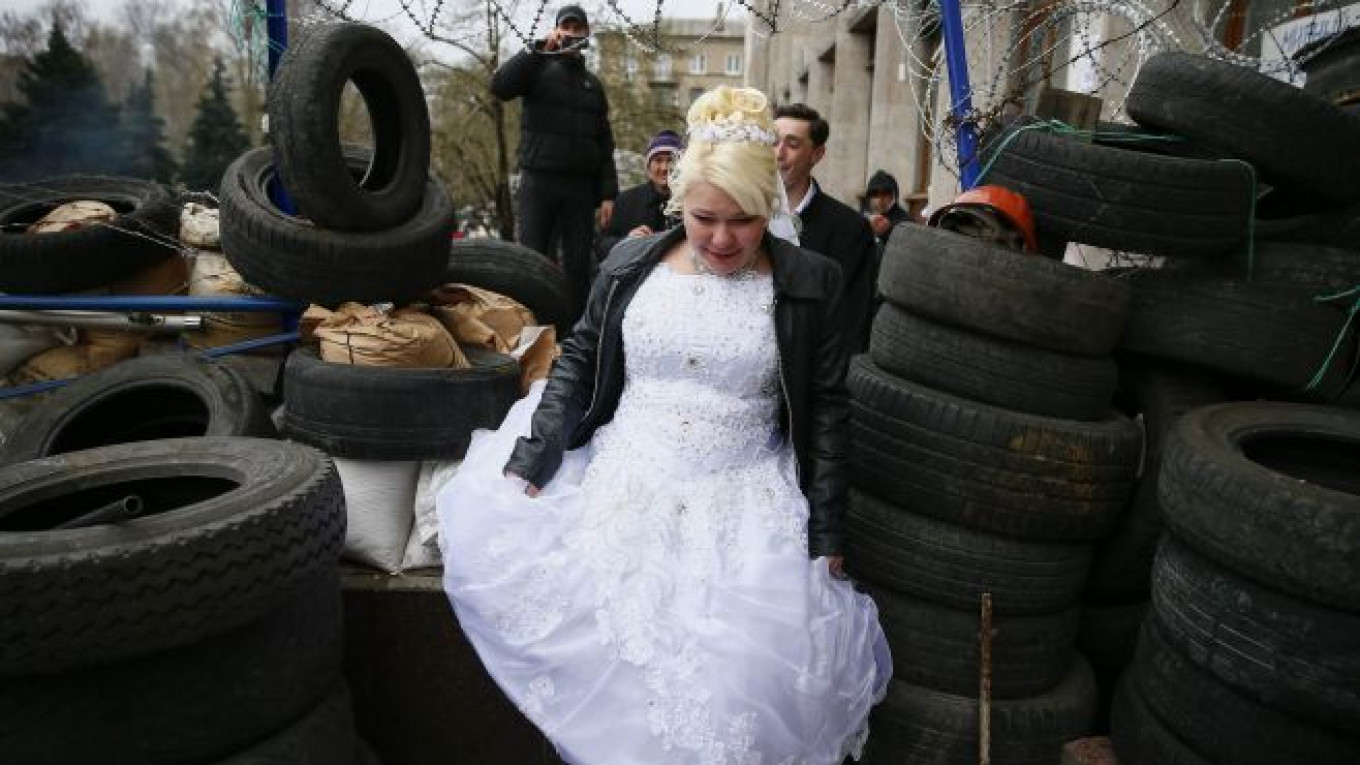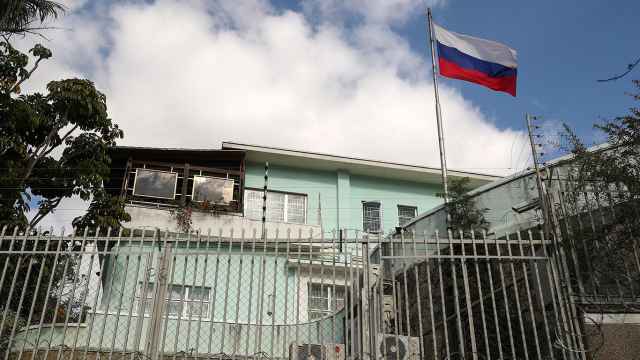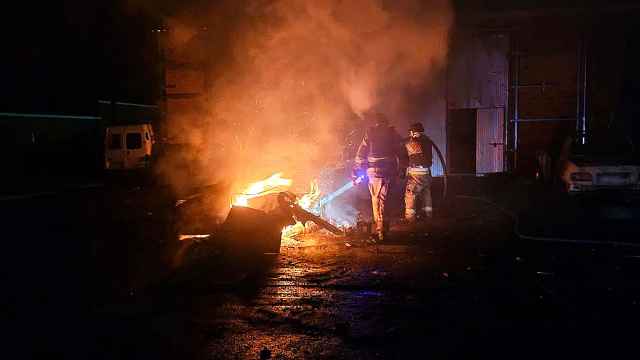DONETSK/LUHANSK — Ukraine's prime minister on Friday offered to boost local powers in the regions in an effort to undercut pro-Russia separatists who have occupied official buildings in Russian-speaking cities in eastern Ukraine.
But separatists still occupied the main regional offices in Donetsk, while in Luhansk armed rebels were refusing an offer of non-prosecution by the Kiev authorities in exchange for them laying down their weapons and quitting the regional offices of the state security service.
The protesters in Luhansk, who like Moscow are critical of the Euromaidan revolution that ousted the Kremlin-backed Viktor Yanukovych as president, have taken guns from an armory inside the building and are pressing for a referendum on the future of the region.
The separatists in Donetsk appear to be still sticking to demands for some form of self-rule despite negotiations with local officials and Ukraine's richest man, multi-billionaire Rinat Akhmetov.
Touring Donetsk and the eastern city of Dnipropetrovsk, Prime Minister Arseny Yatsenyuk said under a blueprint for a new constitution "a significant number" of powers would devolve away from the Kiev government to Ukraine's regions.
These would allowing regions to plow back a portion of state taxes into the local economy and infrastructure.
These 'de-centralization' proposals appeared in part designed to meet separatists demands for self-rule, though they differ from calls by Russia for Ukraine to adopt a "federalized" model.
Kiev sees federalization, as proposed by Moscow, as part of a deeper Kremlin plan which would be manipulated by Russia in vulnerable Russian-speaking areas like Donetsk and Luhansk to bring about the break-up of Ukraine.
Disarm Appeal
Yatsenyuk made new appeals to separatists to lay down their arms. The authorities have already let one ultimatum pass without using force to end the separatists' occupations, but Yatsenyuk suggested patience was not boundless.
"There is a limit for everybody. So everything has to be done so that those who have seized buildings and are holding weapons come out of the buildings before force is used. And today we have that ability," Yatsenyuk said.
"We are leading active negotiations with these terrorists, separatists, as we call them and we hope to solve this issue by peaceful means," first deputy prime minister Vitaly Yarema, who was accompanying Yatsenyuk, said.
In Luhansk, the separatists who seized the state security building and call themselves the Southeastern Army showed little sign of backing down from their demands.
"We demand that the central authorities pass a law within three days on a local referendum and formalize the status of united forces of the Southeastern army as a military unit," said Valery Bulatov, one of the leaders.
Alexei Koryakin, wearing a green paramilitary jacket and speaking from inside the occupied building, said the group was also eying the declaration of a Luhansk Republic — a move similar to that taken by Donetsk earlier in the week.
A Message from The Moscow Times:
Dear readers,
We are facing unprecedented challenges. Russia's Prosecutor General's Office has designated The Moscow Times as an "undesirable" organization, criminalizing our work and putting our staff at risk of prosecution. This follows our earlier unjust labeling as a "foreign agent."
These actions are direct attempts to silence independent journalism in Russia. The authorities claim our work "discredits the decisions of the Russian leadership." We see things differently: we strive to provide accurate, unbiased reporting on Russia.
We, the journalists of The Moscow Times, refuse to be silenced. But to continue our work, we need your help.
Your support, no matter how small, makes a world of difference. If you can, please support us monthly starting from just $2. It's quick to set up, and every contribution makes a significant impact.
By supporting The Moscow Times, you're defending open, independent journalism in the face of repression. Thank you for standing with us.
Remind me later.






